#Germany
QOTD: Graceful Nineties Aging From Places European?
In a QOTD post last week, we walked down Nineties memory lane. The topics of discussion were the vehicle designs we still found stylish in The Current Year. In that post, conversation was restricted to domestic brand offerings.
Today, we go foreign.
The Heat Is … Off? Porsche Pays Up to Distance Itself From Diesel Scandal
Porsche, builder of SUVs (but also some sports cars), wasn’t eager to draw out the nearly four-year-long diesel emissions scandal any longer. The automaker has agreed to fork over a third bundle of cash to rid itself of the scandal foisted on the brand by its Volkswagen AG parent company.
Well, that’s not entirely correct. German prosecutors are still probing VW Group brass, both current and former, but the mechanical and regulatory side of Porsche’s involvement will pass into history after it pays $599 million.
Germany's Transition to EV-Land Sounds Slightly Unpleasant
Yesterday, we discussed Volkswagen trouble in finding the perfect recipe for affordable electric cars. Today, its BMW’s turn, and a broader look at how electrification is affecting Germany on the whole.
Reducing auto emissions has become immeasurably stylish in countries across the globe, with Europe doing some of the heaviest lifting via stringent regulatory measures. As a result, Germany’s automotive sector intends to go green and push EVs to the forefront. While BMW may not have committed itself to electrification quite so thoroughly as Volkswagen, the company isn’t sitting around while the competition does everything. The company is making concerted efforts of its own. Still, there are drawbacks to upending established supply chains and dumping a fortune into developing an entirely different type of car.
The Cost of Future-proofing: German Auto Industry to Invest $68 Billion Into EVs, Mobility, Data Over Next Three Years
The German Association of the Automotive Industry, known in its native tongue as Verband der Automobilindustrie (VDA), says its members have formally committed themselves to investing 60 billion euros (roughly $68 billion USD) into electrification and vehicular autonomy over the next three years.
The claim was made as part of a larger announcement serving as a rundown for what German automakers hope to achieve in a period where nothing seems certain.
The European Union, along with China and several other nations, have committed themselves to embracing electrification in a bid to lower emissions and modernize roadways. “In the next three years, we will invest over 40 billion euros in electric mobility, in addition to a further 18 billion euros for digitalization, and the development of networked or automated vehicles” said VDA President Bernhard Mattes, adding that German automakers anticipate 100 EV models on offer to the public by the end of that period.
Rare Rides: The Mercedes-Benz SEC AMG of 1986
What happens when a tuning company takes an already luxurious coupe and adds more of everything? The answer is this Mercedes-Benz SEC AMG from 1986.
QOTD: Manufacturer Cooperation - Cash Saver, or Corrosive Cancer?
Cooperation and borrowing between auto manufacturers is nothing new, and it isn’t always a bad thing. For example, look what happened in the 1980s when Lincoln borrowed a BMW inline-six turbodiesel for its Continental Mark VII luxury coupe. Oh, maybe that’s not the best example. But two events this week have led to a couple of new examples for us to ponder.
How do you think these cooperative automotive projects will fare?
Buy/Drive/Burn: Super Expensive Convertibles From 2001
The Buy/Drive/Burn series has been all about convertibles lately. We started with some $40,000 luxury entries from 2010, then upped the dollar figure with three more from 2009 that asked over $90,000 for the pleasure of their company.
Today we step back in time to the year 2001, and spend even more money. The cheapest drop-top here is over $120,000. Let’s go.
Rare Rides: Take Note of a 1960 Opel Rekord
Long before Opel became a donor for the badge-engineered Cadillac Catera and Buick Regal, the then GM-owned company shifted its own cars on North American soil. Today’s Rare Ride is a very early example of such a North American offering: It’s a two-door Rekord sedan from 1960.
Buy/Drive/Burn: Luxury Convertibles From 2010
Three luxurious convertibles of six-cylinder and rear-drive persuasion. Which one is worth over 40,000 of your hard-earned dollars?
Rare Rides: A 1994 E500 - the Porsche Sedan by Mercedes-Benz
What do you get when you combine the sporty personality of Porsche with all the comfort and luxury of a Mercedes-Benz sedan?
The answer is this E500.
Trust Fund Touring: BMW Starts Production of 8 Series Convertible
The 8 Series is a car that, given the market’s current direction, probably shouldn’t exist. Low, long, and wide, it’s the polar opposite of the vanilla crossovers that permeate parking lots and power centers. This is precisely what makes it, and the Mercedes-Benz S-Class coupe, magnificent machines.
Just four months after production of the 8 Series coupe ramped up, that model is joined by a droptop version. BMW chooses to call it a “textile” soft top, one that’s able to let the world’s richest extroverts and exhibitionists soak up the sun’s rays in less than fifteen seconds.
Germans Poised to Earn Money by Owning a Nissan Leaf
With governments everywhere attempting to reduce powerplant emissions while simultaneously moving the teeming masses out of ICE vehicles and into electric cars, an energy brick wall quickly approaches. You’re faced with a situation where more people are drawing more power from the grid, but — for environmental or financial reasons — generating more power is out of the question.
In Germany, one solution is to get those EV drivers to stop what they’re doing and plug back into the grid, allowing the contents of their just-filled batteries to flow back into the plug it came from. Goodbye, brownouts. Possibly. If the solution seems odd and potentially self-defeating, it is, but the country’s government just approved the Nissan Leaf for exactly this use.
Rare Rides: A Buick Dealers' Delight - the 1984 Bitter SC
Buick’s on again, off again relationship with the Opel brand is currently very much on, as two Opels badged as Regals tempt buyers, and one Opel badged as Cascada tempts rental companies. But these recent exercises in marketing are somewhat tame in comparison to the experiment General Motors conducted in the 1980s with a little company called Bitter.
After Firing Its Boss, Audi Prepares to Pay the Piper
The scandal has raged for over three years, and Audi clearly wants to be done with it. The company said in a regulatory filing Tuesday that, like Volkswagen, it will not fight a fine handed down by German prosecutors over the selling of rigged diesel engines in that country.
Earlier this month, Audi said auf wiedersehen to jailed CEO Rupert Stadler, who’s accused of fraud in relation to the diesel emissions affair. Now, the automaker will hand over a towering pile of euros to finally close this messy chapter in its history.
European Union May Not Be Unified On Emission Regulations After All
With California and the Trump administration squabbling over vehicle emissions, it’s easy to assume that Europe’s green initiatives are progressing trouble free. In truth, things are a little more complicated. Europe has come together to endorse tougher emissions rules but one of its member states appears to be reaching its breaking point. Unsurprisingly, it’s the one that builds the most automobiles.
Earlier in the week, EU environment ministers announced a need for countries to decide on reduction targets for the foreseeable future. Germany has endorsed a proposed target for a 30-percent reduction by 2030, compared to 2021 levels. However, France and several other nations are pushing for a stricter 40-percent limit while Austria wants to see 35-percent reductions. Although, the most interesting thing about this is how closely Deutschland’s arguments for softer standards are to America’s.




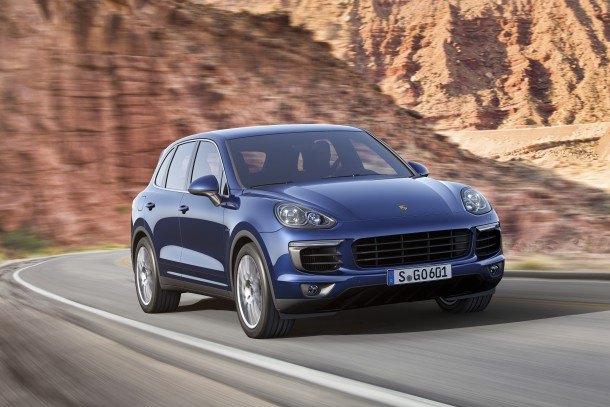
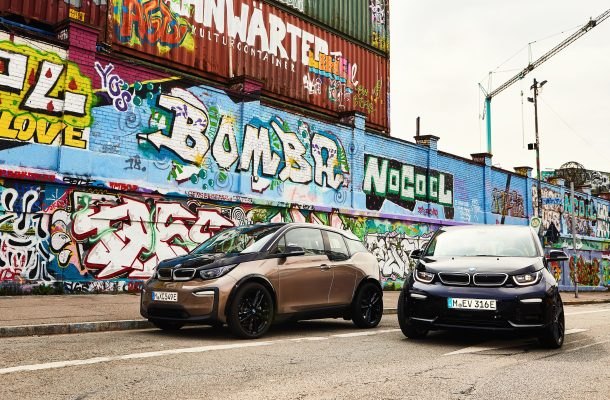

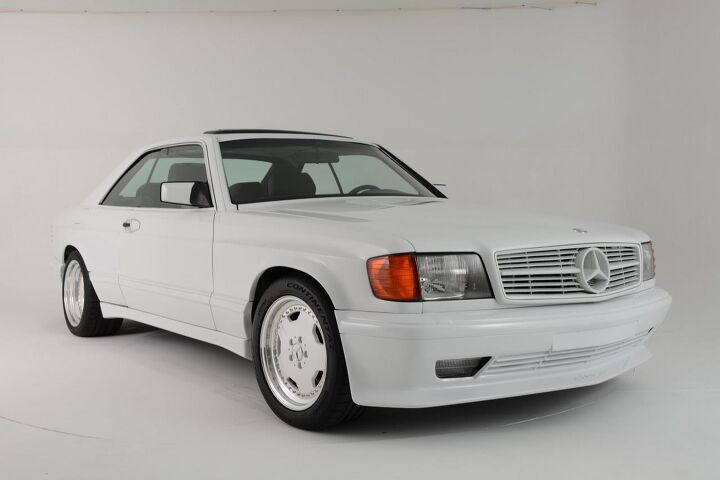

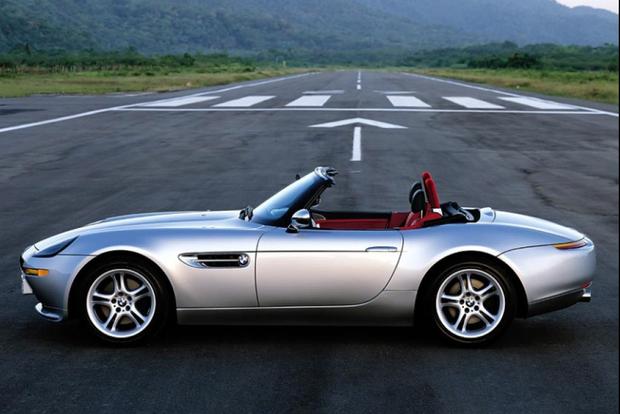
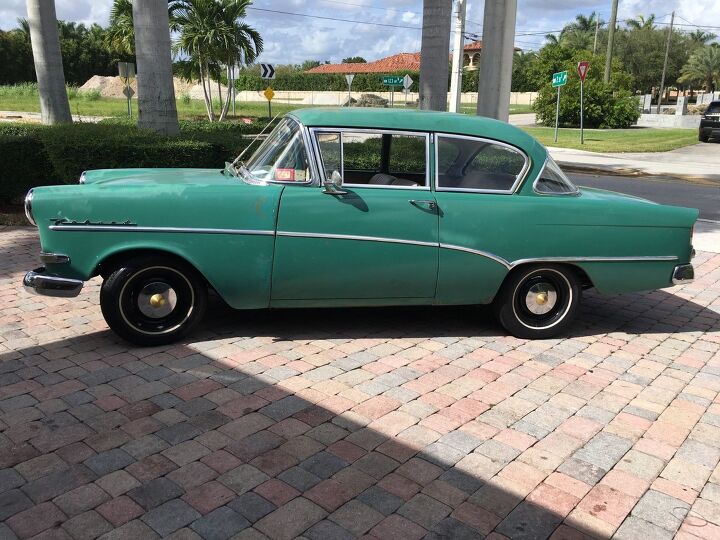
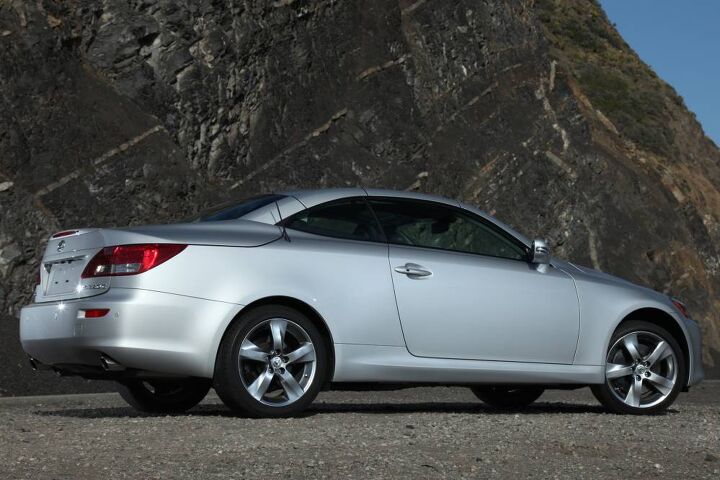
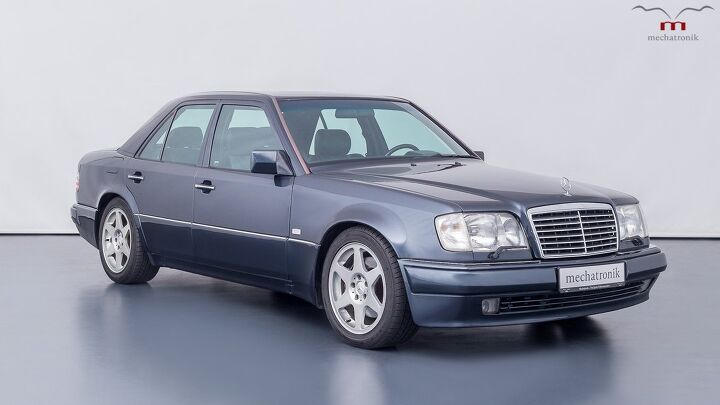


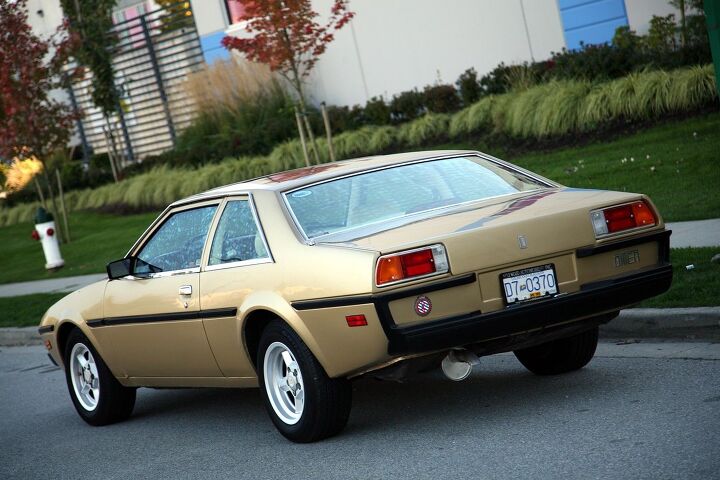














Recent Comments